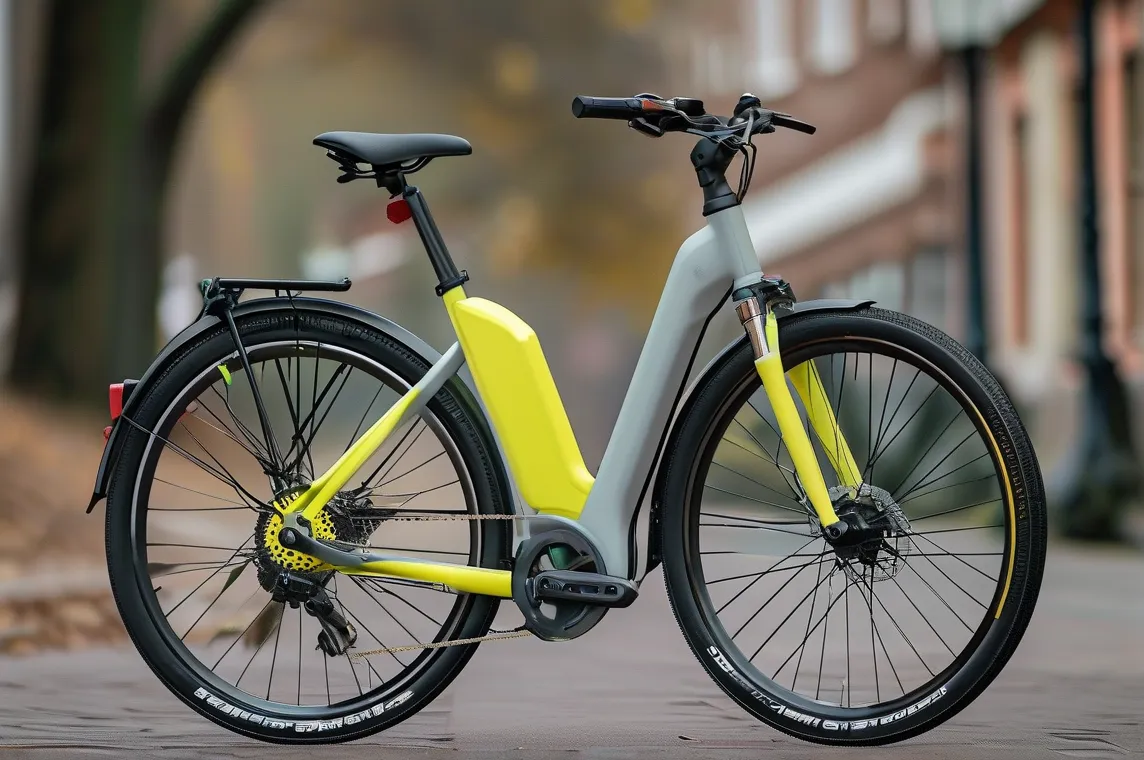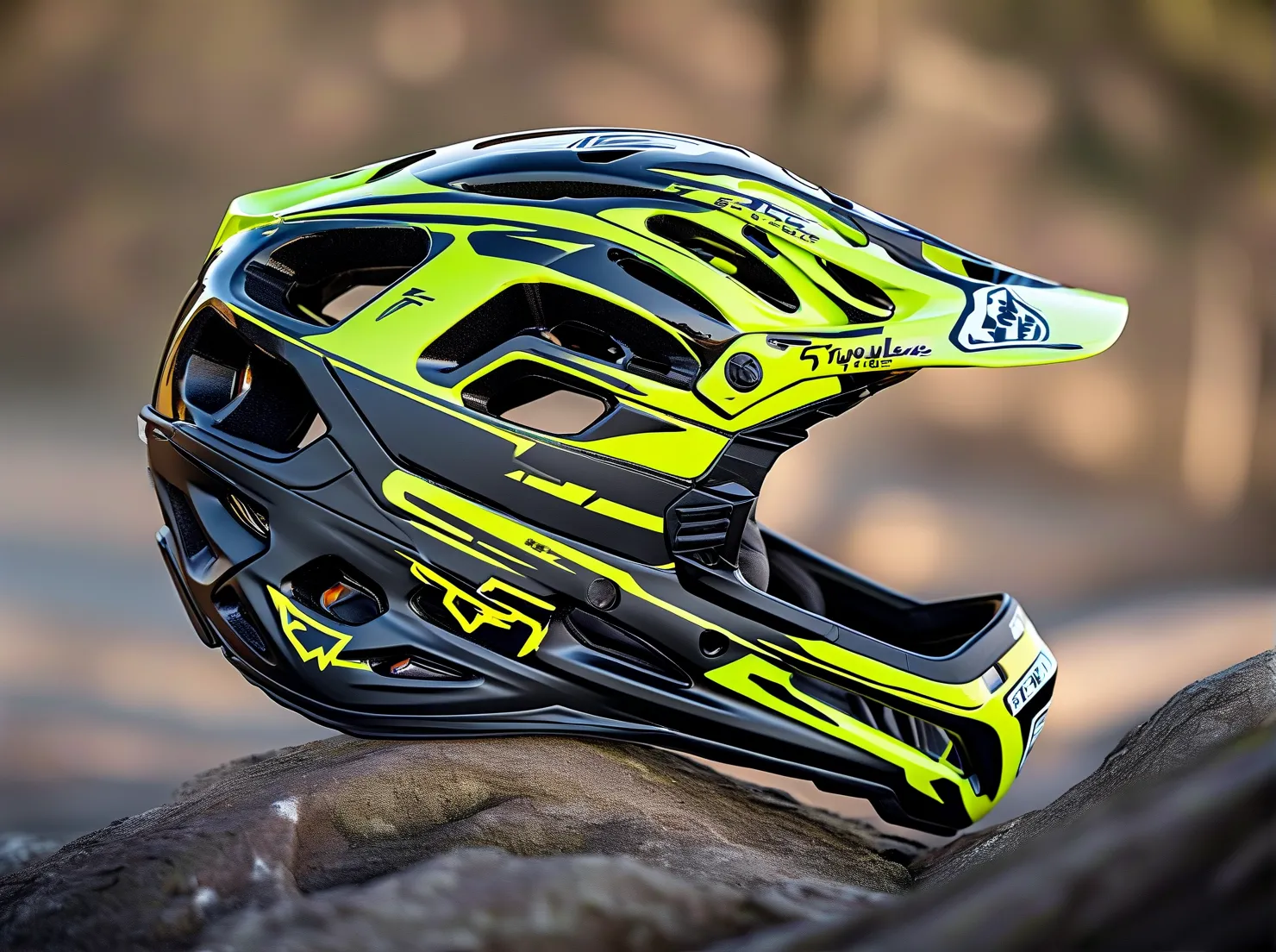Navigating the urban jungle requires a bicycle that balances agility with resilience. As cities grow denser and commuting patterns evolve, selecting the right push bike has become a critical decision for riders prioritizing efficiency and comfort. Let’s break down what truly matters when choosing a two-wheeled companion for asphalt adventures.
Why Weight Matters More Than You Think
A study by Allied Market Research reveals 68% of urban cyclists prioritize bike weight when making purchasing decisions. Lightweight frames (under 12kg/26lbs) significantly impact maneuverability in stop-and-go traffic and ease of carrying up staircases. Aluminum alloys dominate this category, offering a sweet spot between cost and performance, with premium options like Scandium blends shaving extra grams without compromising strength.
Pro Tip: Test-lift bikes at your local shop – if you struggle to carry it empty, imagine hauling it with locks and cargo attached.
Frame Geometry: The Silent Performance Booster
While materials grab headlines, frame design dictates real-world usability. Look for these markers of urban-ready engineering:
– Sloping top tubes for easy mounting at intersections
– Wheelbase lengths between 100-110cm for stable lane changes
– Head tube angles of 70-72 degrees balancing responsiveness and comfort
Bike fitting expert Clara Mertens notes: “A commuter’s ideal standover clearance is 2-4 inches – enough to dismount quickly without sacrificing pedaling efficiency.”
Tire Technology Breakdown
Puncture-resistant tires aren’t marketing fluff. Schwalbe’s Marathon Plus models demonstrate 86% fewer flats in city conditions compared to standard tires according to Cycling UK tests. Consider these specs:
– 28-35mm width for vibration damping on rough roads
– Reflective sidewalls enhancing night visibility by 40% (NHTSA data)
– TPI (threads per inch) ratings: 60-90 for durability vs. 120+ for supple ride quality
Case Study: London’s Cycle Superhighway users report 73% fewer maintenance stops after switching to reinforced urban tires (Transport for London survey).
The Braking System Dilemma
Disc brakes now equip 58% of premium urban bikes (Bicycle Retailer data), but aren’t universally better. Compare:
| Brake Type | Wet Weather Performance | Maintenance Needs | Weight Penalty |
|---|---|---|---|
| Rim (Caliper) | 7/10 | Low | None |
| Mechanical Disc | 9/10 | Moderate | +300g |
| Hydraulic Disc | 10/10 | High | +500g |
Mechanic’s Insight: “Hybrid commuters benefit most from mechanical discs – superior stopping power without complex maintenance,” says Trek’s lead technician Javier Rios.
Gear Systems Demystified
Single-speed simplicity vs. geared versatility – where’s the break-even point? Data suggests:
– Flat cities (<2% grades): 90% riders prefer single-speed (Amsterdam Cyclists Union)
– Hilly terrain: 8-speed internal hubs reduce maintenance by 60% vs. derailleurs (Shimano study)
Emerging Tech Alert: Enviolo’s stepless CVT hubs provide seamless gear shifts – ideal for riders covering mixed elevations daily.
Accessory Integration Points
Smart commuters prioritize these mounting options:
1. Rear rack mounts compatible with panniers (ISO 11243 certified)
2. Full-length fender eyelets for wet-weather protection
3. Dual bottle cage bosses (hydration + U-lock storage)
4. Front dynamo hub compatibility for always-on lights
Proven Combo: Basil’s waterproof panniers combined with Busch & Müller lights create a weatherproof system rated for 95% of urban conditions (Consumer Reports).
Maintenance Realities Most Brands Won’t Mention
Analyzing repair logs from NYC bike shares reveals:
– Chain life decreases 42% in coastal cities due to salt exposure
– Disc brake pads wear 3x faster in stop-and-go traffic vs recreational use
– Annual tune-up costs average $120-$180 for daily commuters
Prevention Strategy: Apply marine-grade lubricant weekly and inspect brake pads monthly – extends component life by 30-50%.
Brand Reliability Scorecard (2024 Update)
Based on 2,300+ user reviews and shop mechanic surveys:
| Brand | Frame Warranty | Service Network | Theft Resistance* |
|---|---|---|---|
| Brompton | 7 years | Global | 9/10 |
| Giant | Lifetime | Extensive | 7/10 |
| VanMoof | 3 years | Limited | 8/10 |
| Trek | Lifetime | Extensive | 6/10 |
*Based on LockPickingLawyer ratings of integrated security systems
Final Verdict: The Canyon Urban Pro Bike exemplifies modern urban engineering – 11.2kg aluminum frame, integrated lights, and rust-resistant components surviving 5-year accelerated corrosion tests. Pair it with Kryptonite’s New York Lock (Sold Secure Diamond rating), and you’ve created a commuting solution that outlasts typical city bike lifespans by 3-5 years.
Remember: The optimal urban steed disappears beneath you – becoming an effortless extension of your daily mobility needs rather than a maintenance burden. Test ride multiple options during rush hour conditions to assess true real-world performance.




Leave a Reply